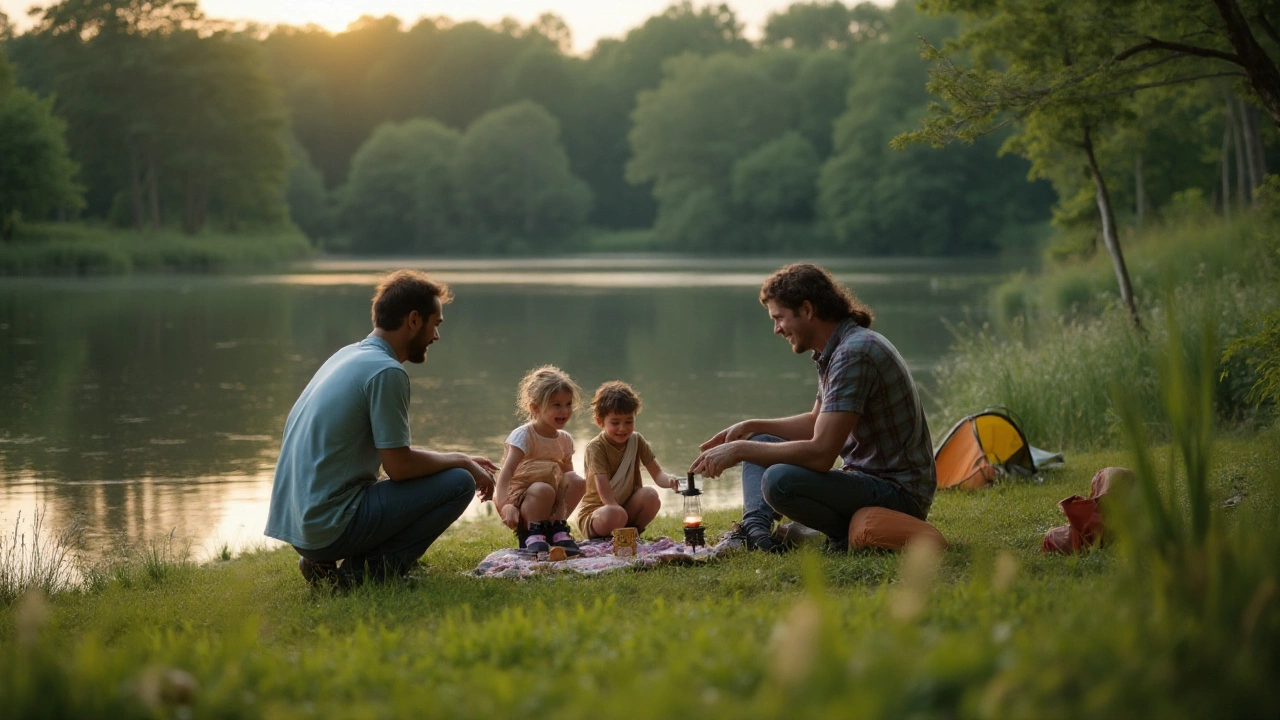Discover how to enjoy a nature-friendly camping experience while preserving the environment. Learn about the golden rule of eco-friendly camping and the best practices to minimize your impact on nature. A delve into how eco-conscious habits can enhance your outdoor adventures, making them more meaningful. Get acquainted with practical tips and interesting facts about sustainable travel and green camping. This article will provide you with insightful information on maintaining harmony with nature during your camping trips.
Nature Conservation: Simple Steps for a Greener Getaway
Ever wondered how your holiday could actually help the planet instead of hurting it? The good news is you don’t need to become a full‑time activist to make a difference. A few smart choices before, during, and after your trip can keep the wildlife thriving and the scenery pristine.
Why Nature Conservation Matters for Travelers
Every time you step foot in a national park, a coastal village, or a countryside cottage, you become part of that place’s ecosystem. Tourists bring waste, traffic, and sometimes even disturb local wildlife. On the flip side, responsible visitors bring money to conservation projects, raise awareness, and support jobs that protect the land. That’s why the little things you do matter a lot more than you might think.
Take the example of a small coastal town that relied on fishing for generations. When visitors started using single‑use plastics, the sea turtles began getting tangled. The community then switched to reusable bottles and set up a beach‑clean‑up program, funded by a tiny portion of tourism fees. Within a year, turtle sightings went back up. Your choice to bring a reusable bottle could help a similar story happen elsewhere.
Easy Ways to Practice Conservation on Your Trip
1. Choose eco‑friendly lodging. Look for cottages or hotels with green certifications, solar panels, or recycling bins. A place that uses renewable energy already cuts down a big chunk of your carbon footprint.
2. Pack light and pack smart. Fewer kilograms mean less fuel burned on planes or trains. Fill your bag with reusable items – water bottles, coffee cups, and shopping bags – so you never have to buy disposable ones.
3. Support local conservation projects. Many UK countryside retreats partner with wildlife trusts or run tree‑planting days. Donating a few pounds or joining a volunteer walk adds up.
4. Travel by public transport or shared rides. A bus or train to the countryside reduces emissions dramatically compared to driving alone. If you need a car, rent a hybrid or join a car‑share program.
5. Respect wildlife and habitats. Stay on marked trails, keep a safe distance from animals, and never feed them. Even small disturbances can stress a fragile ecosystem.
6. Leave no trace. Pack out everything you bring in, from wrappers to wet wipes. Use biodegradable soap if you’re washing dishes in a lake or river.
7. Buy local and seasonal. Eating food grown nearby reduces transport emissions and supports local farmers who often practice sustainable agriculture.
8. Share what you learn. Post a story about a clean‑up you helped with or a new wildlife fact you discovered. Inspiring others spreads the conservation vibe far beyond your own travel circle.
Putting these tips into practice doesn’t require a massive overhaul of your travel habits. Start with one change on your next trip and add another next time. Over years, those small habits turn into a lifestyle that protects the places you love to visit.
So next time you book a cottage in the English countryside, think about how you can give back. Pack that reusable bottle, pick a green‑certified stay, and enjoy the peace of knowing you’re helping the environment stay beautiful for the next traveler.
